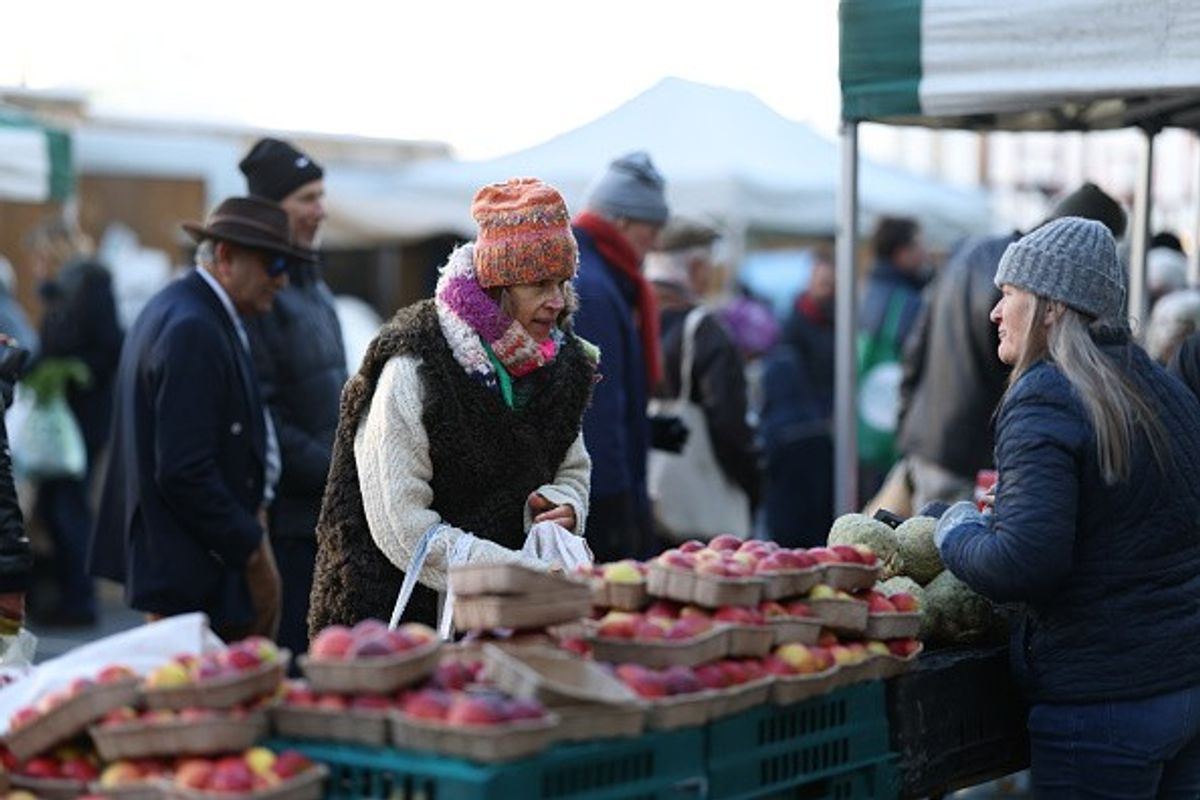Food security must become the top priority in 2023, farming unions said, as farmers grapple with soaring costs and global unrest owing due to Russia-Ukraine war puts question on reliability of imports.
NFU president Minette Batters said the events of the past year had made the job of producing food much harder throughout the world.
“The importance of British farming to deliver food and energy has never been clearer,” she said. “To do this we need to build profitability and resilience into our farm businesses, to allow us to safeguard the nation’s food and energy security.”
Batters called on prime minister Rishi Sunak to honour his pledge to support British farming by setting a target for the nation’s food security, with a statutory duty to report on domestic food levels.
“I am hopeful that 2023 will be the year that government gets serious about British food and farming,” she said.
NFU Scotland president Martin Kennedy said one of the lessons from 2022 was that the UK had become too reliant on others to produce energy “because it is cheaper”.
“We must not repeat that with food,” he said. “We spend the lowest amount of our income on food of any country in Europe. When you are taking something as vital as food security for granted, no wonder we waste so much of it as a nation.”
The similar view was echoed by Farmers Union of Wales president Glyn Roberts, who compared egg shortage in the country with “the canary in the coal mine”.
“In 2023, our politicians have the opportunity to reverse the trend of belittling the importance of UK food security and undermining the family farms that are the backbone of domestic food production.”
Roberts was, however, relieved that the Welsh government seemed to be moving away from the English model of post-Brexit farm support, with more emphasis on family farms and food production.
“They now know that even a relatively mild pandemic can rapidly threaten supply chains, and that sudden extreme events, such as attacks on major food-producing countries, can lead to global shortages of essential commodities,” he said.


